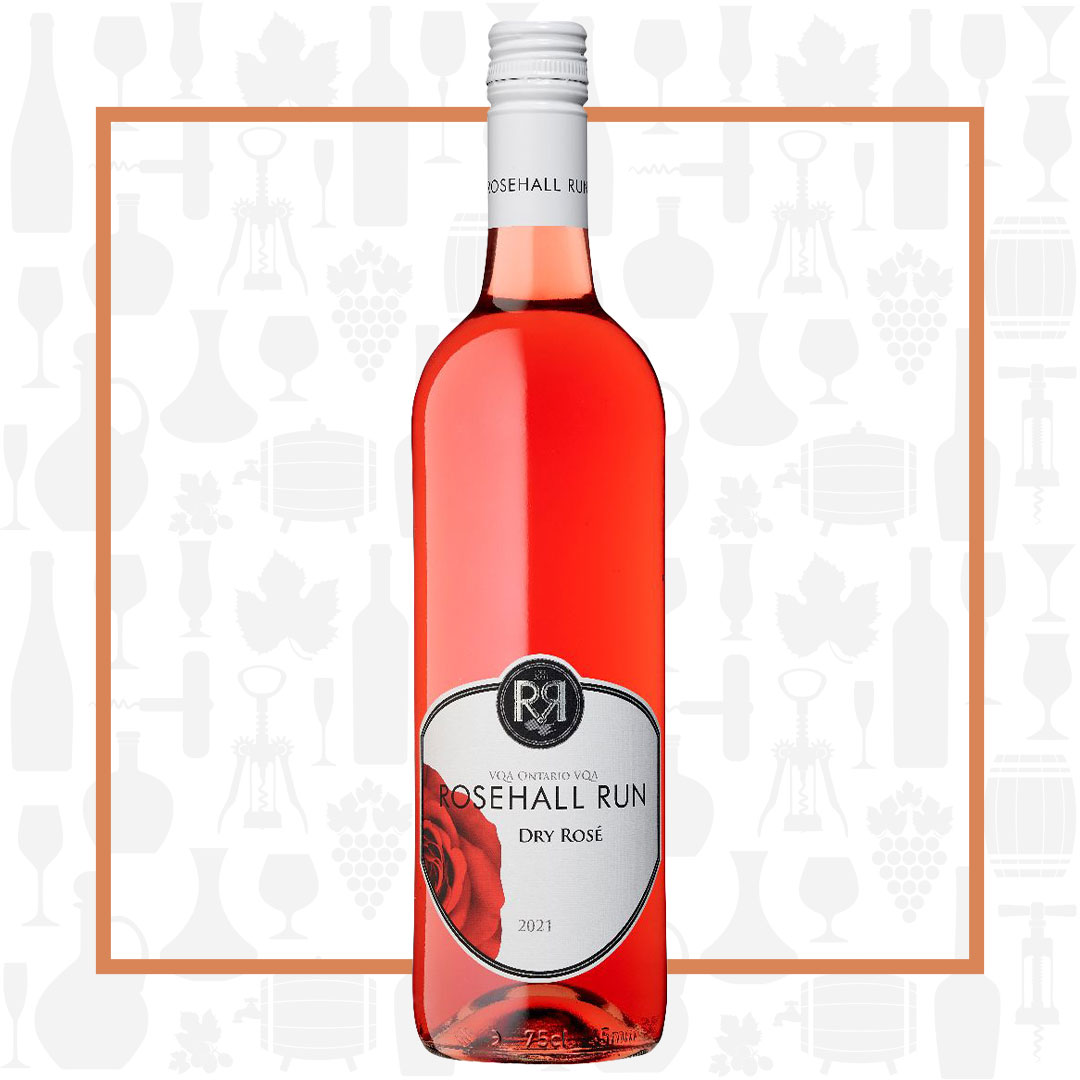Cellar Profile
Dan Sullivan of Rosehall Run has succeeded at crafting elegant PEC wines for over 20 years, focusing on highlighting the specific terroir of the County and creating some of the best examples of cool-climate Pinot Noir and Chardonnay in the world. Dan received the “Best Red Wine in Ontario” medal at the 2020 Ontario Wine Awards for his signature JCR Pinot Noir 2018. Sitting on the “Hungry Point” isthmus, surrounded by Lake Ontario on 3 sides, the vines dig deeply into the rocky, calcareous limestone soil. The long sunny days and cool evenings of the region, along with the high acid levels and low pH of the estate soils, ensure Rosehall wines are never lacking in freshness and structure. It is this kind of nervy tension that allows for the production of sublime sparkling wines, both traditional method as well as tank-fermented sparklers, including the exceedingly popular “Pixie” brand. The key to Rosehall’s success is its attention to detail in the vineyard. Sullivan believes that he simply bottles what the vineyard gives him. Yields are infinitesimally small compared to other wine regions, made smaller still by careful selection. Grapes are harvested at full phenolic ripeness, made difficult by the sometimes slow ripening and by the inherent climactic dangers of long hang times.
Region
Nestled on a peninsula on the north shore of Lake Ontario, a short drive from Kingston, the Prince Edward County wine region sits on a bed of porous limestone. This is crucial for creating the mineral, brightly acidic wines the region is known for. The vineyards benefit from breezes off of Lake Ontario, keeping the temperature down on hot summer days and cool at night. “The County” was first settled in the late 18th Century and, after years of farmland agriculture, began growing grapes in earnest by the early 2000s.
Vineyard
The land where Rosehall Run chose to establish its roots was previously known by local farmers as “Hungry Point”, where conditions were dry, winds were harsh and shallow-rooted plants did not always thrive. It turns out vinifera grapes are right at home here! The vines dig deep into the earth, gathering enough water and nutrition from the mineral-rich clay to produce ripe, concentrated fruit.
Winemaking
Field blended grapes are gently pressed into stainless steel, given some maceration for a few hours, then left to undergo a long, slow fermentation in temperature control to retain primary fruit. The wine is gently filtered and bottled youthful.
Varieties
Gamay, like the Beaujolais region in which it thrives, is often misunderstood and underappreciated. Depending on how it is grown and vinified, it can produce simple, light fruity wines (Beaujolais Nouveau) as well as bigger, structured reds showing cherry, berries, pepper and roasted notes (Cru Beaujolais).
Tasting Notes
Raspberry, watermelon and currant on the nose. The palate is elegant, with notes of tart raspberry, cherry and cranberry all framed by lip-smacking acids. The finish is surprisingly long. Chill lightly and pair with shrimp kebabs or roasted vegetables.

